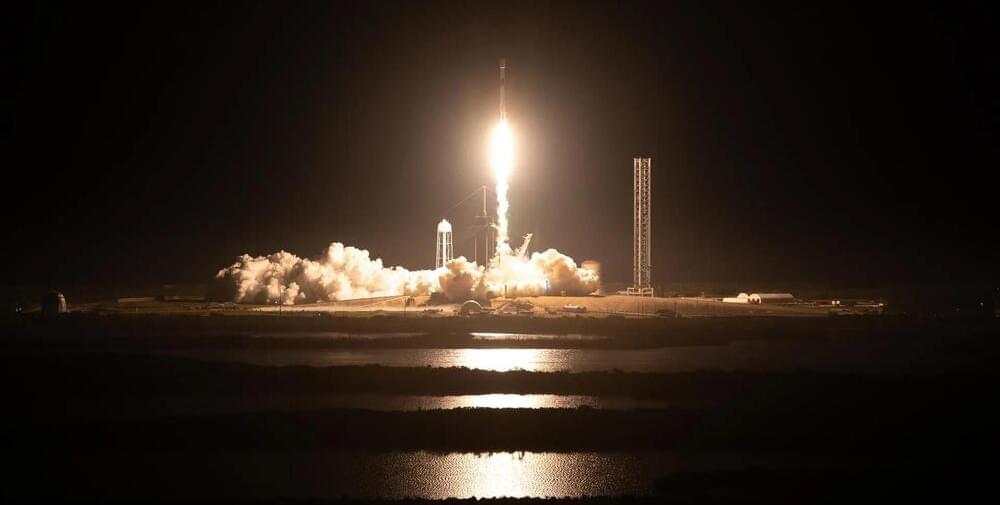No American spacecraft has made a soft landing on the Moon since NASA’s Apollo 17 in 1972, but that could change soon as the Intuitive Machines’ Nova-C lander launched from the historic Launch Complex 39A at NASA’s Kennedy Space Center at 1:05 am EST (10:05 pm PST) last night. With a currently scheduled landing date of February 22, Nova-C (also called IM-1 Odysseus) is slated to land in Malapert-A crater, which is approximately 190 miles (300 kilometers) from the Moon’s south pole. This landing will also mark the first time a private company will perform a soft landing on the Moon and holds the potential to test technologies that could be used on future human missions with NASA’s Artemis program.
“NASA scientific instruments are on their way to the Moon – a giant leap for humanity as we prepare to return to the lunar surface for the first time in more than half a century,” NASA Administrator Bill Nelson said in a statement. “These daring Moon deliveries will not only conduct new science at the Moon, but they are supporting a growing commercial space economy while showing the strength of American technology and innovation. We have so much to learn through CLPS flights that will help us shape the future of human exploration for the Artemis Generation.”
The science instruments that will be traveling with Nova-C include the Lunar Node 1 Navigation Demonstrator, Laser Retroreflector Array, Navigation Doppler Lidar for Precise Velocity and Range Sensing, Radio Frequency Mass Gauge, Radio-wave Observations at the Lunar Surface of the Photoelectron Sheath, and Stereo Cameras for Lunar Plume-Surface Studies. All these instruments are designed to investigate how spacecraft can both land and operate on the lunar surface, specifically near the south pole of the Moon.
